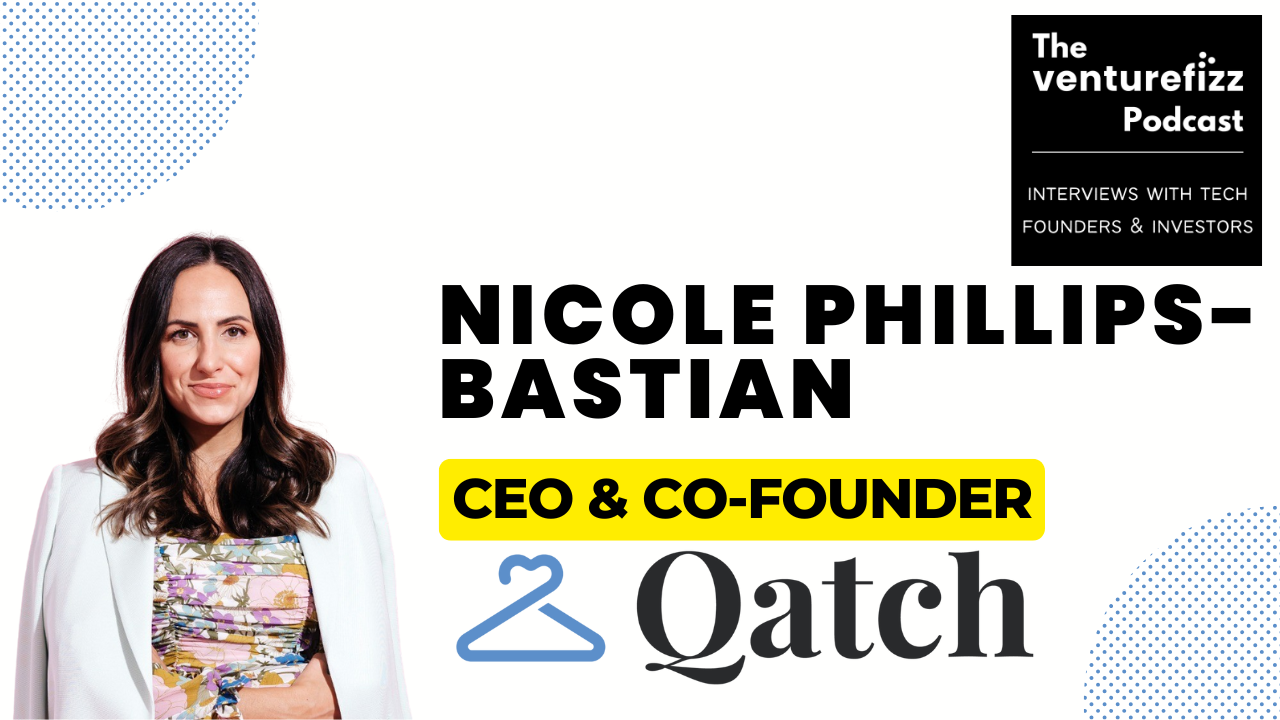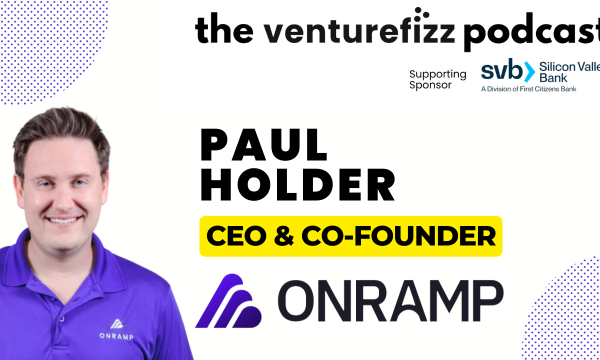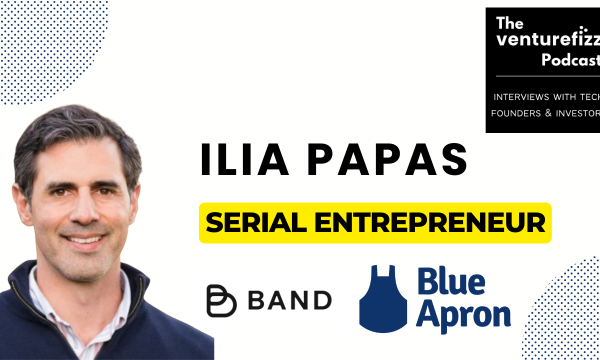Episode 401 of The VentureFizz Podcast features Nicole Phillips-Bastian of Qatch.
This episode was recorded live at Startup Boston Week at Suffolk University which is the third year that I’ve hosted it onsite. Thank you to Stephanie Roulic for the invitation, as it’s a lot of fun and great to be involved in such a meaningful conference. And, since it was hosted live, this episode is audio only and my apologies for the background noise.
Personalization isn’t a new term in the world of tech but as a consumer, it often fails. It could be a failure around the data, the actual tech powering the experience, or executional challenges.
For Qatch (which stands for Quick Match), they have been able to overcome these challenges by establishing trust with consumers in one of the most coveted spots for obtaining first party data… no, it’s definitely not email, but through text messaging.
Qatch is a personalized shopping platform that allows user preferences to dictate what products they see next. Their platform enables the company to capture user engagement to a degree other brands are not, which gives them incredibly valuable insight into what products a specific shopper would buy, so they can recommend it to them in real-time.
It all falls under that trust factor which is so important, because if Qatch is not delivering value, it’s easy to block that text message and it is this level of trust that has been so key to their success.
Two interesting points to note:
1. Nicole’s co-founder for Qatch is her sister Raquel.
2. They have built a very capital efficient company, as they have raised just under $2M in funding.
In this interview, we cover:
- The importance of founder-led sales.
- Nicole’s background story and her journey into law as a retail attorney with a focus on fashion law and regulations.
- All the details about Qatch and why they decided on text messaging as their primary method of communication.
- How the platform works and their use of AI.
- Sales and getting brands to join their platform, plus how they evolved their pricing strategy.
- The competition and how they differ from companies like Stitch Fix.
- Her experience raising capital as a female founder and why sales is the best form of funding.
- And so much more.






